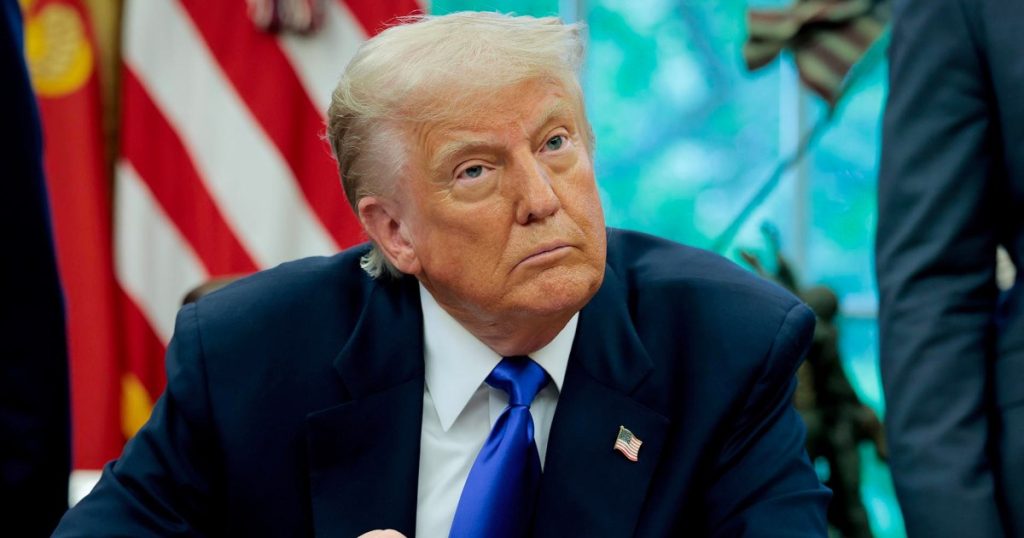WASHINGTON — President Donald Trump will sign legislation Monday that will ban the nonconsensual online publication of sexually explicit images and videos that are both authentic and computer-generated.
The “Take it Down Act” would make publishing this content illegal and would subject violators to mandatory restitution and criminal penalties such as prison, a fine or both. The bill would also subject people to criminal penalties who make threats to publish these intimate visual depictions, some of which are created using artificial intelligence.
The measure would require websites, through enforcement by the Federal Trade Commission, to remove this imagery after receiving a request from a victim within 48 hours and have to make efforts to take down copies as well.
Trump is scheduled to sign the bipartisan bill in an afternoon ceremony in the White House Rose Garden. First lady Melania Trump is set to attend the event as she was “instrumental” in getting the measure through Congress, White House press secretary Karoline Leavitt told reporters Monday.
“The first lady met with members in the House and the Senate survivors and their families and advocates throughout the process to get this bill across the finish line,” she said at the press briefing.
It will only be the sixth bill Trump has signed into law in his second term as president so far. By his 100th day in office, he had only signed five bills — fewer than any other president in the first 100 days of an administration since at least Dwight D. Eisenhower in the 1950s, according to an NBC News analysis of data in the congressional record.
The Senate approved the measure by unanimous consent and the House overwhelmingly passed it in a 409-2 vote last month. Sen. Ted Cruz, R-Texas, and Sen. Amy Klobuchar, D-Minn., sponsored the bill in the Senate while Rep. Maria Elvira Salazar, R-Fla., introduced its companion in the House along with several other members, including House Democrats.
According to the bill’s sponsors, while many states have laws explicitly banning sexual deepfakes, they vary in terms of classification of crime and penalties.
Trump highlighted the bill in early March, joking that it would apply to him. “I’m going to use that bill for myself because nobody gets treated worse than I do online,” he said.
The first lady also held an event on Capitol Hill that month touting the proposal. “It’s heartbreaking to witness young teens, especially girls, grappling with the overwhelming challenges posed by malicious online content like deepfakes,” she said.
“This toxic environment can be severely damaging,” she continued. “We must prioritize their well-being by equipping them with support and tools necessary to navigate this hostile digital landscape. Every young person deserves a safe online space to express themselves free without the looming threat of exploitation or harm.”


